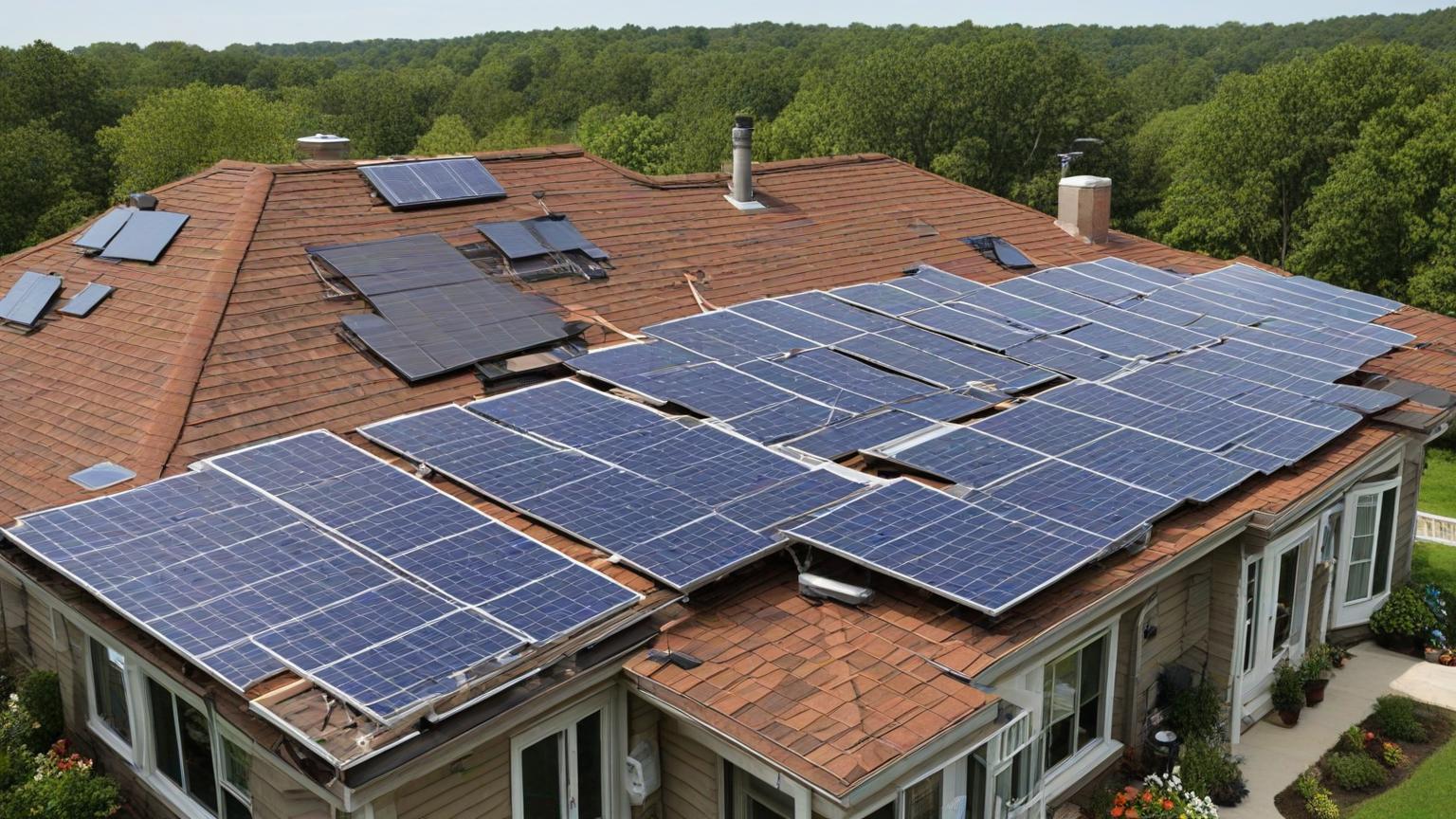In recent years, solar energy has emerged as a beacon of hope for a world grappling with environmental crises and an insatiable hunger for energy. While the public has embraced solar power with growing enthusiasm, several myths continue to shroud its true potential, often breeding skepticism and misinforming consumers. As investigative journalists, we delve into the facts, debunking misconceptions and illuminating the path forward for solar enthusiasts.
The Efficiency Enigma
A common myth that pervades discussions about solar energy is that solar panels aren't efficient enough to make a meaningful impact. Contrary to this belief, advancements in photovoltaic technology have significantly increased the efficiency of solar panels, making them more viable than ever. Modern panels can convert more than 22% of sunlight into electricity, a marked improvement from earlier models. Moreover, researchers are constantly pushing the boundaries to increase this percentage further, with some experimental designs exceeding 40% efficiency in controlled environments. The narrative of inefficiency is thus not only outdated but also underestimates the relentless pace of innovation.
Affordability and Accessibility
Another widespread belief is that solar energy is too expensive for the average consumer, relegating it to the realm of the wealthy and the environmentally conscious elite. In reality, the cost of solar installations has plummeted over the past decade, driven by improved manufacturing processes and economies of scale. Government incentives and subsidies further reduce the financial burden on consumers, democratizing access to renewable energy. States like California and New Jersey have introduced programs that significantly lower the upfront costs, making solar panels a financially sound investment for middle-class families looking to cut their utility bills.
The Reliability Question
Critics of solar energy often point to its perceived unreliability, especially in regions with less-than-ideal sunshine levels. However, this overlooks the integration of battery storage systems and the growth of hybrid solar models that incorporate traditional energy sources to ensure a stable supply. The advent of smart grid technologies also enables the seamless incorporation of solar power into national grids, mitigating issues of intermittency. Furthermore, solar power's potential as a decentralized energy source provides resilience against large-scale outages, an aspect increasingly valued in light of climate-induced extreme weather events.
Environmental Impact
While solar energy is celebrated for its clean energy credentials, some critics argue that the production and disposal of solar panels carry an environmental cost that undermines its green appeal. It is indeed true that the manufacturing of solar panels involves energy-intensive processes. However, the relative environmental impact per unit of energy produced is considerably lower compared to fossil fuels. Moreover, initiatives within the industry aim to develop recycling technologies that minimize waste and recover valuable materials from decommissioned panels, aligning the production cycle with circular economy principles.
Job Creation and Economic Growth
The solar industry's contribution to employment and economic growth is often overshadowed by concerns about its feasibility. In reality, solar energy is a robust economic driver, creating thousands of jobs in installations, maintenance, and manufacturing. The sector employs more people than coal, in several countries, proving that renewable energy can coexist with robust employment numbers. Furthermore, investment in solar power fuels technological innovation, stimulating local economies and fostering new business opportunities. Training programs and vocational courses are increasingly equipping workers with the skills needed to excel in this booming industry.
Looking Ahead
Solar energy is not a panacea, but it remains a crucial component of the solution to our global energy and environmental challenges. Moving beyond myths and misconceptions requires a collective effort from policymakers, industry leaders, and consumers to embrace its full potential. As we advance toward a future where sustainability is non-negotiable, solar power stands at the forefront, illuminating the path to a cleaner, greener planet. The journey towards widespread solar adoption is fraught with challenges, but it is also rich with opportunities for innovation and transformation. It is up to us to seize these opportunities and harness the sun’s unlimited energy for generations to come.
Unraveling the myths: solar energy’s untapped potential

